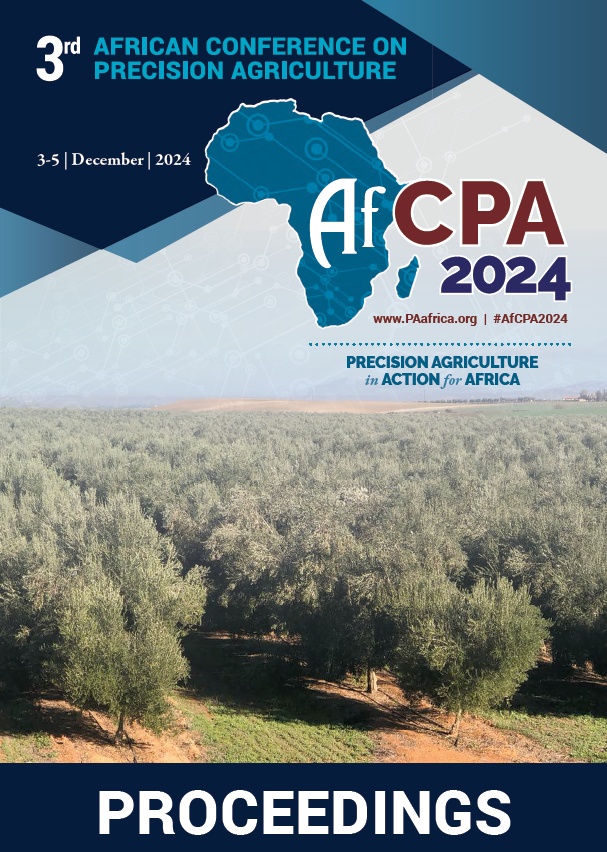Download the Conference Proceedings
Get your copy of the 2024 African Conference on Precision Agriculture Proceedings today! Download the PDF file and view all of the available proceedings.
Proceedings
Topics
| Filter results1 paper(s) found. |
|---|
1. Utilizing Guards (Growing Universal Agronomic Research Data Standard) and the Fair Principles for Data Standardization and Agronomic InsightsThe quantity and scope of agronomic data available for researchers in both industry and academia is increasing rapidly. Data sources include a myriad of different streams, such as field experiments, sensors, climatic data, socioeconomic data or remote sensing. The lack of standards and workflows frequently leads agronomic data to be fragmented and siloed, hampering collaboration efforts within research labs, university departments, or research institutes. Researchers and businesses therefore ... S. Sela |
